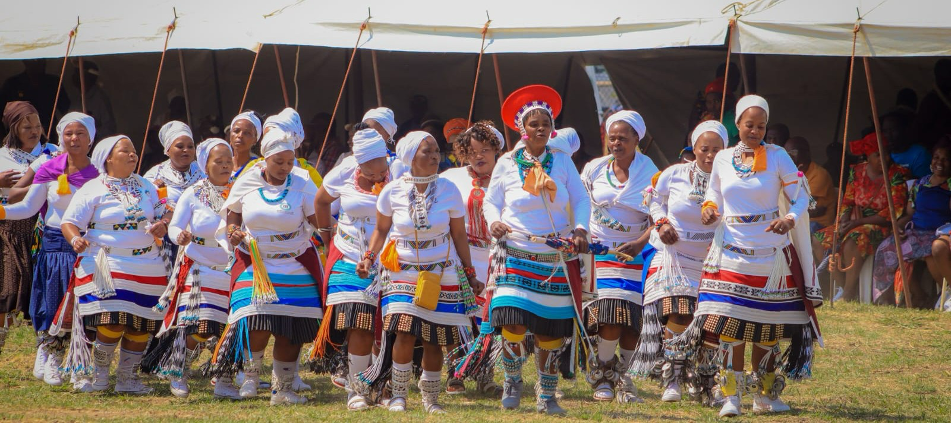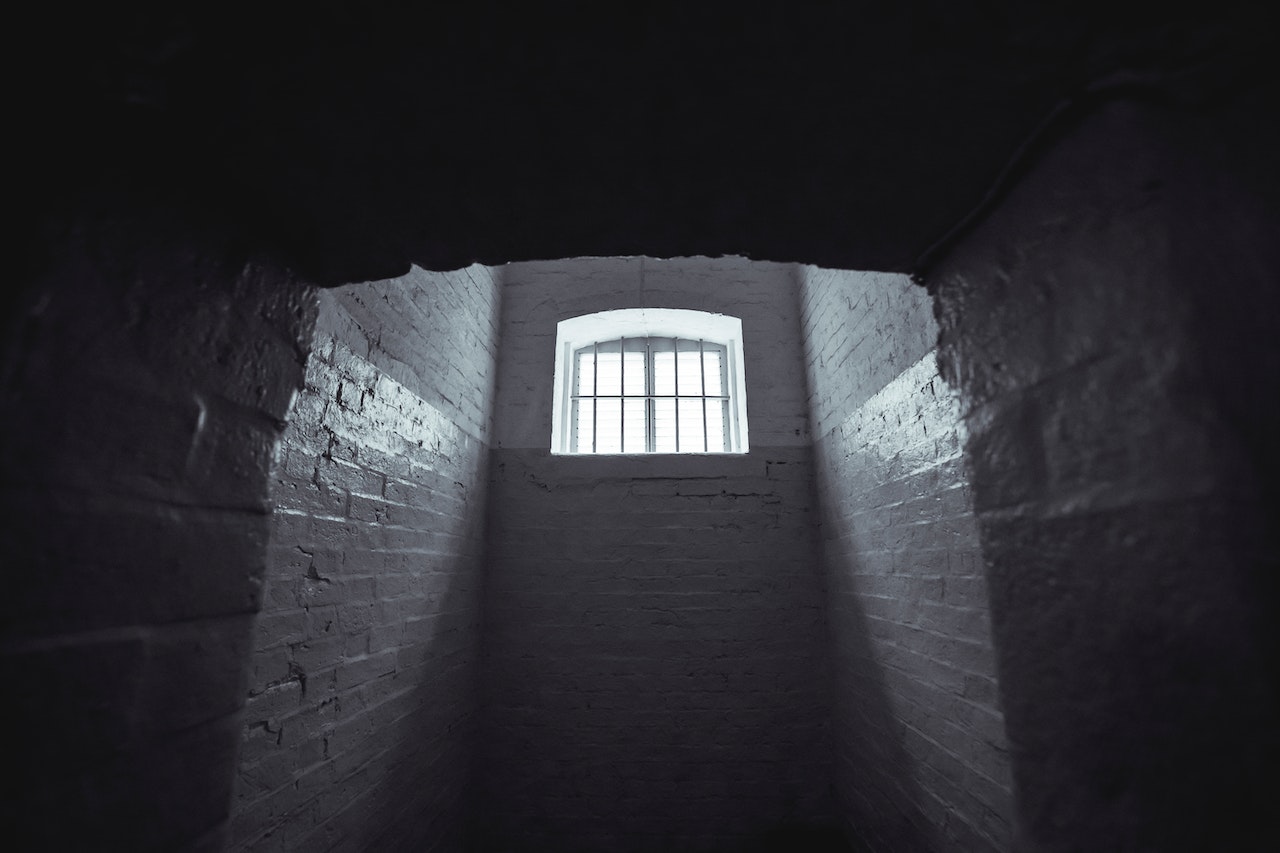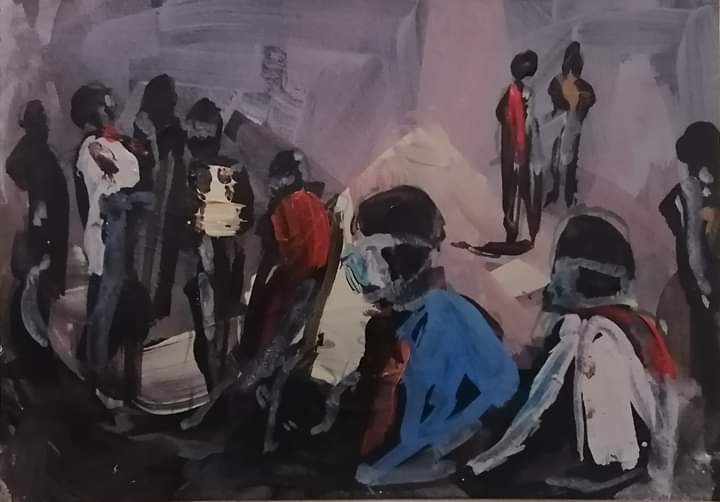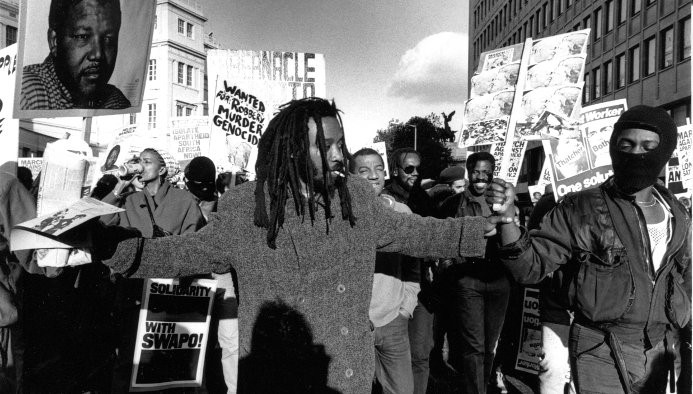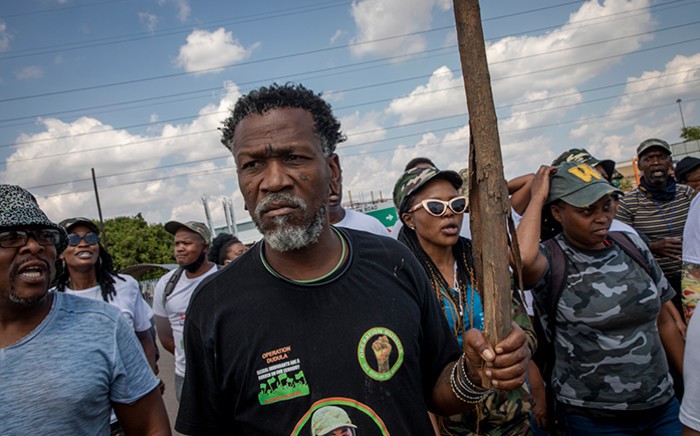In a 2019 episode of Moja Love’s hit reality show Kukithi La, viewers were shocked by Ivy Maribe’s story of being kicked out of her family home by her niece. The house, originally owned by Ivy’s mother, was inherited by her sister, who then left it to her daughter after her death. Ivy believed the house was taken unlawfully and sought help from the TV show to resolve the family feud.
During a heated confrontation, they attempted to address their differences, revealing that miscommunication and assumptions were at the core of the conflict, causing lingering resentment between Ivy and her niece. However, people were skeptical that the issue could be resolved and took to social media to assert that, without proper paperwork, the house had indeed been stolen.
Sadly, this distressing narrative has become all too common in many families, particularly in townships. This pervasive issue, seemingly overlooked in the South African political sphere, underscores the enduring effects of land dispossession on African families. The rapid proliferation of townships between the 1940s and 1960s has led to their current status as home to millions of people.
South Africa's rapid urbanization has transformed cities and towns, a process often described as the ‘ruralification’ of urban areas. This shift has led to the deterioration of inner cities, widespread building hijackings, fierce competition for residential space, and the proliferation of informal settlements and ‘backrooms’.
The resulting population boom has strained public resources, impacting everything from electricity and water to education and healthcare. These are well-known problems, yet they are often ‘de-linked’ from the agitation for land reform. People migrate from all over the country and the region, but one group that receives less attention is the township residents.
The development of townships under apartheid in South Africa was a systematic process fueled by white supremacist ideology and aimed at maintaining white minority rule. Through legislation such as the Group Areas Act of 1950 and the Natives (Urban Areas) Act of 1923, the apartheid government enforced racial segregation, leading to forced removals and the establishment of townships on the outskirts of cities.
These townships were characterized by their remote locations, inadequate infrastructure, and lack of economic opportunities, all intended to ensure a pool of cheap labor and maintain social control. The apartheid regime further tightened its grip through the use of Pass Laws and the establishment of township councils, both of which were met with resistance and resentment from the residents.
The legacy of apartheid planning continues to haunt South Africa today, with townships still grappling with inadequate infrastructure, high unemployment, and poverty. The racial segregation from apartheid has led to enduring social inequality and limited integration, posing significant challenges to urban development and social cohesion in the post-apartheid era.
The situation is deteriorating rapidly at a more personal and familial level as townships lack sufficient land to accommodate offspring, leading to overcrowded homes and family feuds over the ‘matchbox’ houses. Socio-economic conditions, such as limited economic opportunities and unemployment, are exacerbating this crisis, which is reaching critical proportions.
Today, multiple generations of families are forced to live under one roof, often leading to weaker family members being displaced by stronger ones. Additionally, black communities often struggle to distinguish between a ‘house’ and a ‘home’, resulting in ongoing family feuds among siblings, aunts, cousins, and grandchildren.
A house is simply a physical structure, while a home holds emotional and cultural significance. The inability to differentiate between the two leads to family conflicts, as different members may have competing ideas about ownership, rights, and inheritance. Beyond the historical challenges already outlined, a troubling mindset also causes people to cling to the concept of ‘home’, which can precipitate disaster.
This means individuals do not lose their ‘home’ status upon adulthood. Even parents have a home, a legally defined concept: Home is where one returns after wanderings. The concept of ‘home’ is often deeply rooted in one's identity and sense of belonging, making it difficult to let go of even when circumstances change.
The root of this enduring problem lies in individuals’ failure, for whatever reason, to establish their own homes upon reaching adulthood. This leads to a situation where people remain dependent on their family home and parents, perpetuating a cycle of conflict and dysfunction. The solution is for individuals to break free from this dependence and establish their own independent lives.
The issue is that a combination of valid reasons, such as lack of access to land or economic hardship, and the mindset of adult children who remain dependent on their parents’ homes creates a complex situation in townships. This complexity has led to townships becoming an epicenter of family feuds over houses that belonged to deceased parents or grandparents.
As political parties wrap up their election campaigns, none of them seem to understand the dynamics affecting black families, nor do they have a plan to alleviate their suffering. Elizabeth Hull of the University of London suggests that South Africa’s land reform program is “misguided” since “land has multiple uses other than production.”
Townships have always been social sinkholes where people need land to live and produce food, which is critical for tackling rising hunger. Hence, Mazibuko Jara proposes that radical solutions are required to resolve South Africa’s land crisis. This includes the transformation of townships into livable places by giving them better treatment.
Kukithi la!


